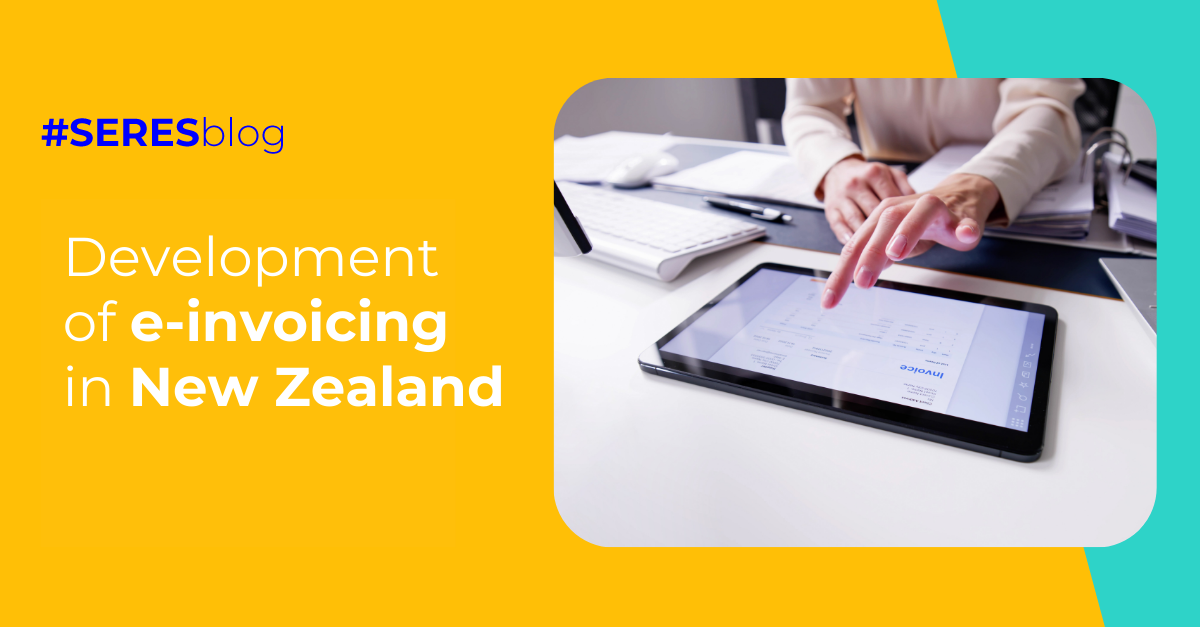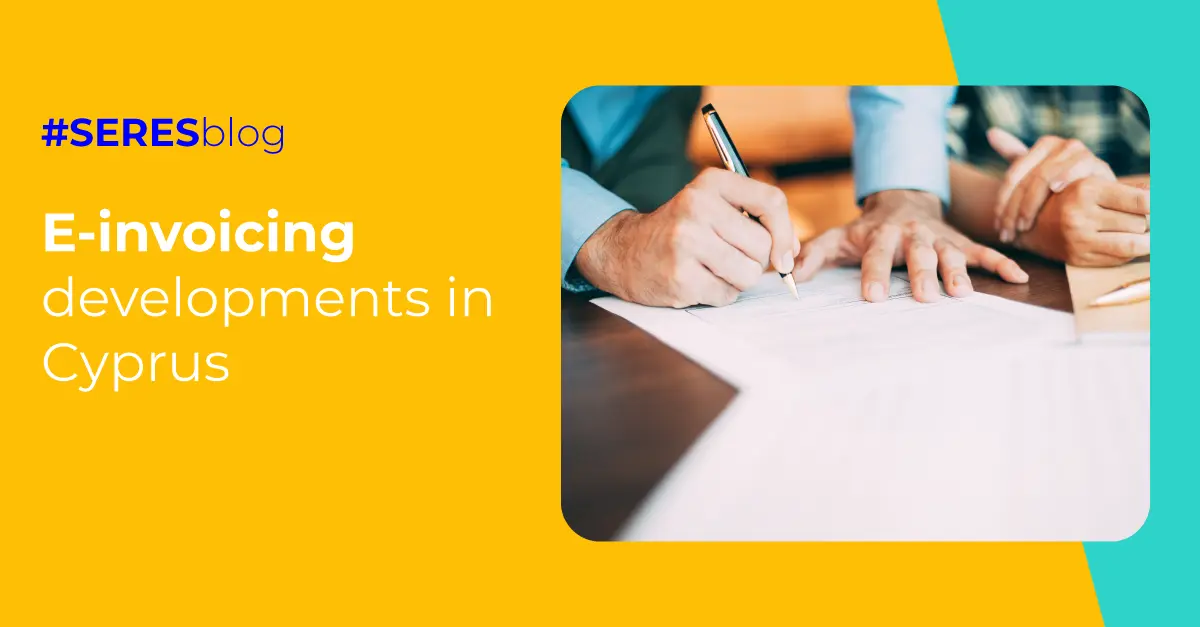Latvia plans to postpone B2B e-invoicing from 2027
Parliament officially postponed the B2B e-invoicing obligation until January 2028 on June 5, 2025. However, voluntary use may begin as early as March 30, 2026.
The new roadmap for B2B e-invoicing in Latvia is as follows:
- December 2025: Guidelines for generating and issuing e-invoices will be published.
- In March 2026. Voluntary issuance of B2B electronic invoices by email will likely begin.
- January 2028: Mandatory B2B electronic invoicing will launch.
Current status of B2B and B2G e-invoicing in Latvia
On 31 October 2024, the Latvian Parliament approved an update to the Accounting Law, which introduces the mandatory use of structured e-invoices for B2G and B2B transactions.
The implementation will take place in two distinct phases. In January 2025, the obligation to issue e-invoices for B2G transactions will commence, and one year later, the requirement will be extended to encompass all B2B transactions.
The specific regulations defining the conditions for the issuance of these electronic invoices will be published in the forthcoming months.
It is not currently anticipated that companies will be required to report each e-invoice that they issue. The possibility of providing access to a free e-invoicing platform is also being considered.
Furthermore, documents have been drafted which delineate the technical standards and specifications that are applicable to B2B invoices, including procedural obligations. It is at the discretion of the business in question as to whether they submit their invoices via a national invoice delivery platform, PEPPOL service providers, or a direct business-to-business system, provided that both parties agree to use said system.
E-invoicing for B2B transactions, which is currently optional, can be conducted via the government platform ePakalpojumi. This is an e-service option for the capital city authorities in Riga and the authorities' own email address.
It is the intention of Latvia to adopt an e-invoicing model that is similar to that of Italy and its Data Exchange System (DIS). This is a system that has already been implemented in Belgium, Bulgaria and France.
Brief overfiew of e-invoicing in Latvia
As in other European countries, electronic invoicing in Latvia has been operating on a voluntary basis. In consequence of the implementation of Directive 2014/55/EU on the use of e-invoicing, the Latvian State Development Agency was designated as the body responsible for maintaining the momentum of the Directive and for its transposition.
Subsequent to the enactment of the Directive, state authorities in Latvia commenced the receipt of e-invoices, whereas regional and local authorities availed themselves of the additional year permitted by the Directive to ensure the effective implementation of the Directive.
Consequently, economic operators in the country began transmitting their e-invoices to central authorities or municipalities via the central ePakalpojumi.lv platform or via individual municipal websites. In either case, the format selected for e-invoices is XML.
As early as 2019, the Latvian Cabinet of Ministers issued Regulation No. 154, which established that direct administration institutions were obliged to accept e-invoices. One year later, the mandatory implementation of B2G e-invoicing was initiated for public contracting authorities and public service providers.
In 2021, the Ministry of Finance drafted a report on the prospective introduction of an electronic document flow system, with the objective of implementing B2B e-invoicing in Latvia by the end of 2025.
Electronic tax reporting in Latvia
Since 2011, businesses in Latvia have been required to submit the National Recapitulative Statement in electronic format. This is a VAT return book containing detailed transactional data.
This obligation applies to all taxable persons registered for VAT in Latvia and covers all transactions, regardless of their value. However, transactions below €150 must be declared in an aggregated form.


